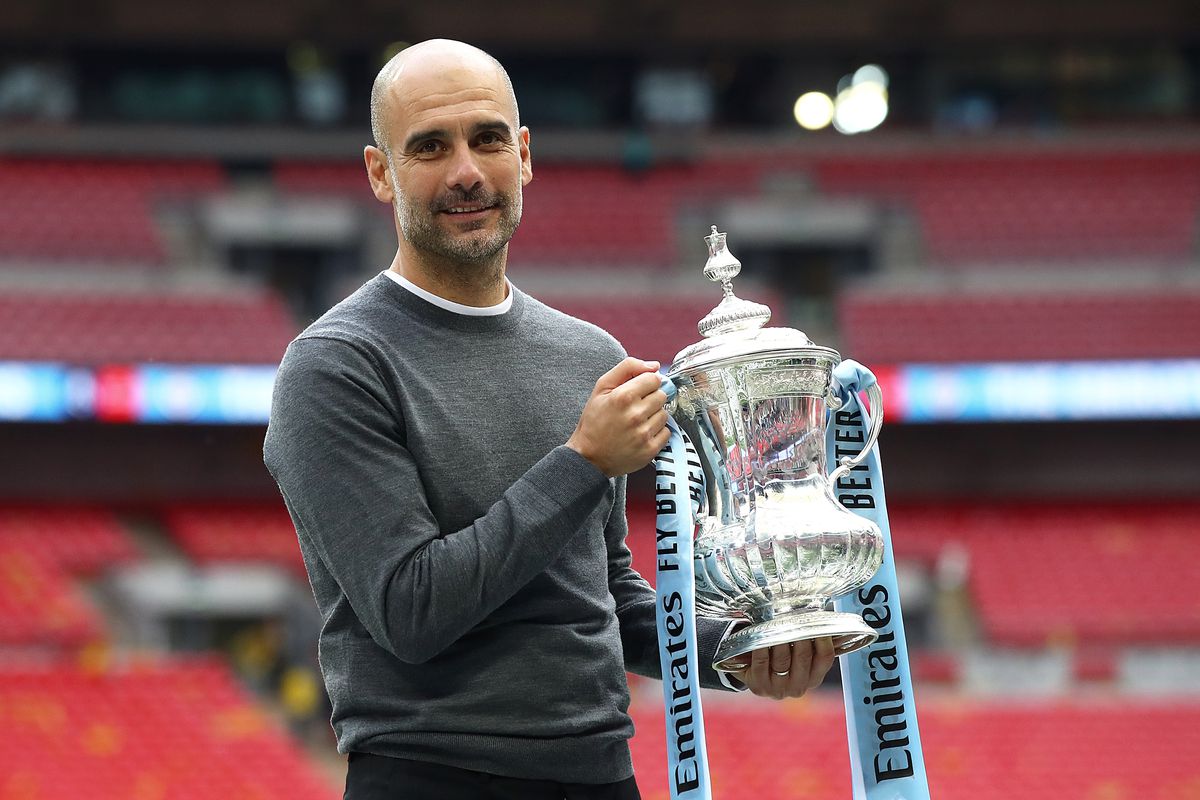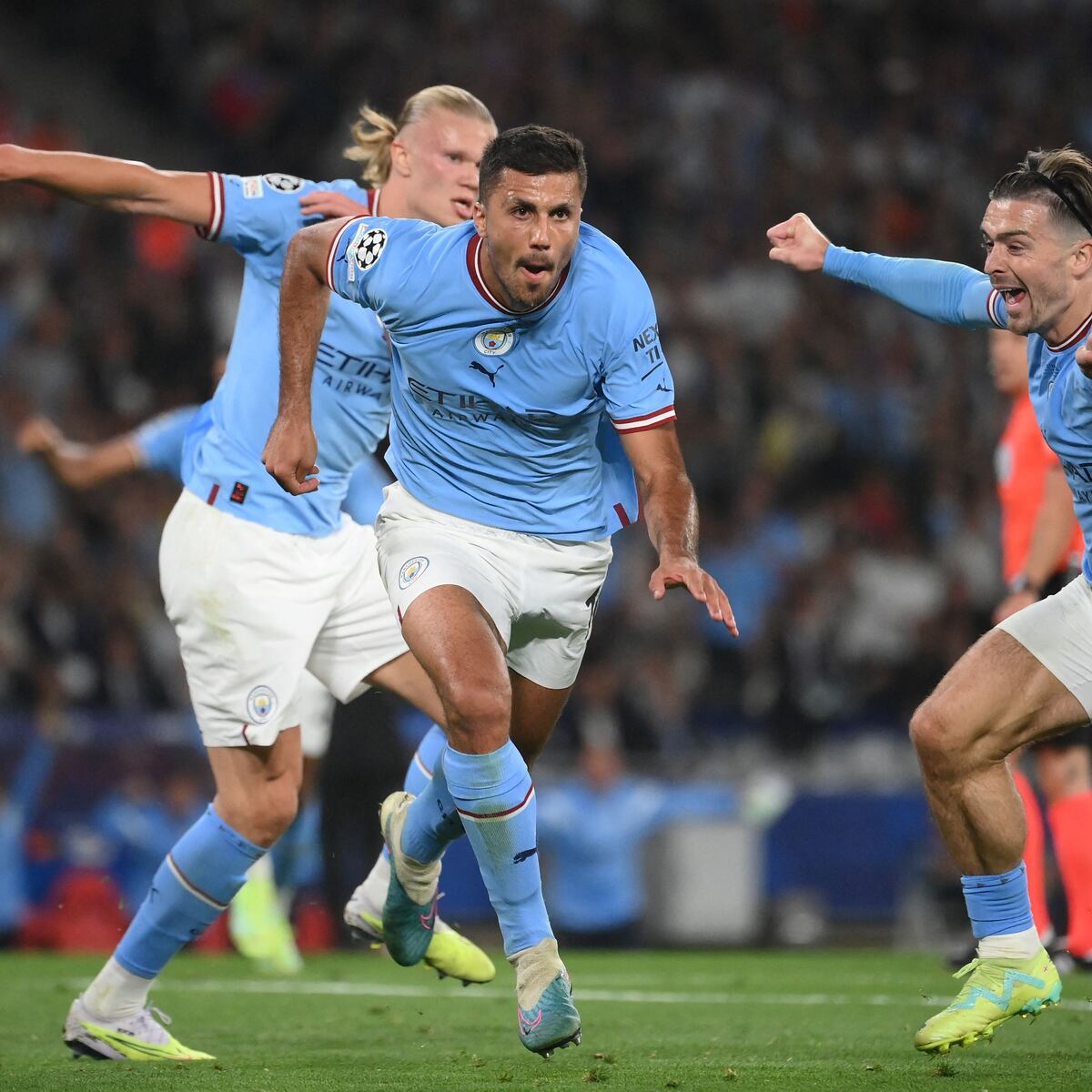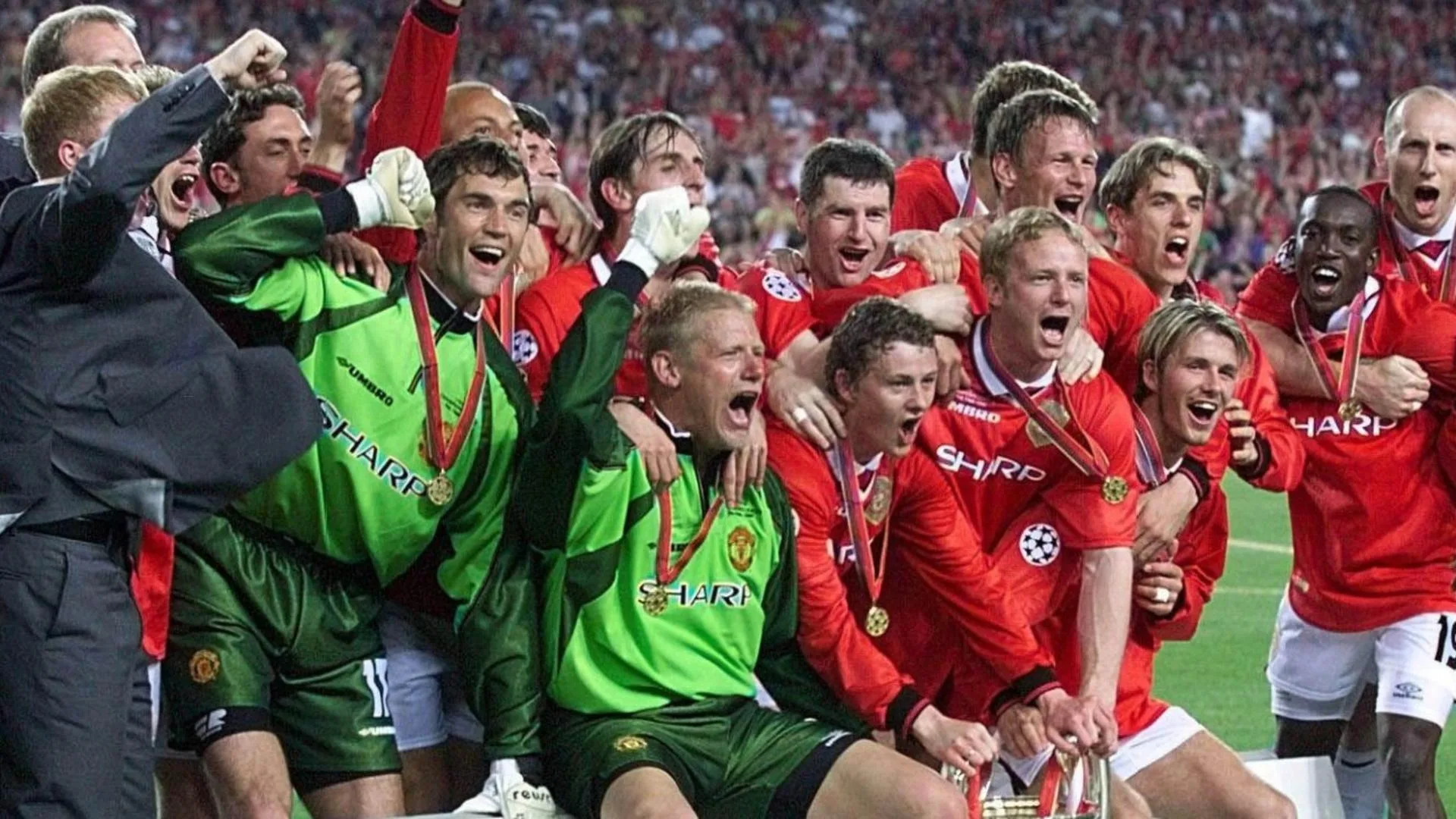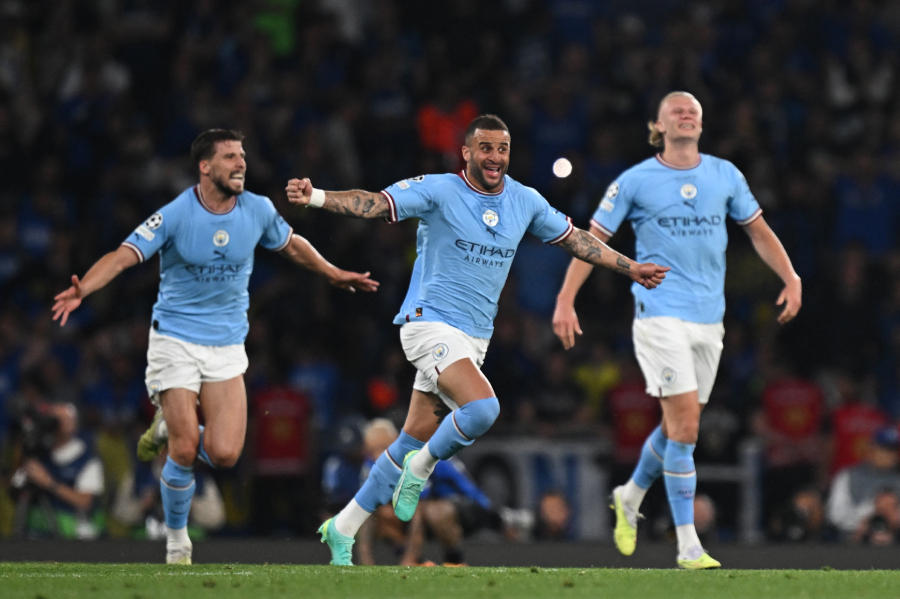 I. Introduction
I. Introduction
Soccer is one of the most popular sports globally, captivating millions of fans with its thrilling matches, incredible skills, and moments of sheer brilliance. Within the realm of soccer, achieving a treble is considered a significant accomplishment. This article delves into the concept of treble in soccer, its historical instances, and the various components that contribute to its achievement.
II. Background of Treble in Soccer
A. Definition of treble
The term “treble” in soccer refers to the achievement of winning three major titles in a single season. This typically includes securing the domestic league championship, triumphing in the domestic cup competition, and achieving success in a continental tournament. The treble is a rare feat that highlights the exceptional quality and consistency of a team throughout a season.
B. Historical instances of treble-winning teams
Over the history of soccer, several teams have managed to accomplish the treble. Some notable instances include FC Barcelona’s achievement in the 2008-09 season and Manchester United’s success in the 1998-99 season. These treble-winning teams established their dominance and left an indelible mark in soccer folklore.
III. Components of a Treble in Soccer
A. Domestic League Championship
- Importance of winning the league
Securing the domestic league championship is the backbone of a treble-winning campaign. This achievement demonstrates a team’s ability to consistently outperform their domestic rivals over the course of a season. Winning the league requires a combination of tactical astuteness, teamwork, individual brilliance, and sustained effort. - Elements contributing to league success
There are various elements that play a crucial role in achieving success in the domestic league. These include a strong squad depth, effective player recruitment, efficient tactical preparations, resilient defense, clinical goal-scoring ability, and excellent man-management by the coach. The harmony between these aspects can propel a team towards winning the league title.
B. Domestic Cup Victory
- Significance of winning the cup competition
The domestic cup competition provides another opportunity for teams to secure a treble. Winning the cup signifies triumph over a wide range of teams, including lower division challengers, traditional rivals, and formidable opponents. The cup allows teams to showcase their ability to adapt to different playing styles and cope with high-pressure situations. - Challenges faced by teams in cup competitions
Cup competitions present unique challenges, as teams must navigate through different rounds, adopt tactical flexibility in knockout matches, and overcome potential upsets. Additionally, teams often face the challenge of striking the right balance between fielding strong lineups and providing opportunities for squad rotation.
C. Continental Success
- Exploring the importance of continental tournaments
Continental success constitutes a vital component of the treble. Triumph in continental tournaments, such as the UEFA Champions League or the Copa Libertadores, showcases a team’s ability to compete on a global stage and conquer teams from different nations. It enhances a club’s reputation, attracts top talent, and generates immense pride among supporters. - Prestige and challenges associated with continental triumph
Though continental success brings prestige, it also presents immense challenges. Teams must navigate through a grueling group stage, contend with the pressures of away matches, face elite and tactically diverse opponents, and cope with demanding travel schedules. Overcoming these obstacles requires not only exceptional talent, but also mental strength, adaptability, and tactical acumen.
IV. Examples of Notable Treble-Winning Teams
A. FC Barcelona (2008-09 season)
-
Achievements in domestic league, cup, and continental tournament
The 2008-09 season was a historic one for FC Barcelona as they achieved the coveted treble by winning the La Liga title, the Copa del Rey, and the UEFA Champions League. This remarkable feat solidified their status as one of the greatest teams in soccer history.
In La Liga, Barcelona showcased their dominance by accumulating an impressive 87 points, winning 27 out of 38 matches. They finished nine points clear of their rivals Real Madrid, securing their 19th league title. The team exhibited an exceptional attacking style of play under the guidance of manager Pep Guardiola, known as “tiki-taka,” which emphasized quick, short passes and constant movement.
Barcelona’s success continued in the Copa del Rey, where they defeated Athletic Bilbao 4-1 in the final. A memorable moment from this campaign was Lionel Messi’s stunning solo goal against Getafe in the semi-final, often hailed as one of the greatest goals in soccer history.
The pinnacle of Barcelona’s treble-winning season came in the UEFA Champions League. They defeated prominent clubs such as Lyon, Bayern Munich, and Chelsea en route to the final. In a thrilling encounter against Manchester United, Barcelona emerged as 2-0 victors, with goals from Samuel Eto’o and Lionel Messi. This triumph in Europe’s most prestigious club competition marked their third Champions League title and completed their treble-winning campaign.

-
Key players and contributions
Several key players played pivotal roles in FC Barcelona’s treble-winning season. Lionel Messi was the standout performer, scoring an astonishing 38 goals in all competitions and being central to Barcelona’s attacking prowess. His incredible dribbling skills, vision, and clinical finishing were unparalleled, earning him the Ballon d’Or award that year.
Xavi Hernandez, the midfield maestro, orchestrated Barcelona’s play with his exceptional passing range, intelligence, and creativity. Alongside Xavi, Andres Iniesta provided creativity and crucial goals, notably scoring the winning goal in the World Cup final for Spain in 2010.
The defensive partnership of Gerard Pique and Carles Puyol provided stability and leadership at the back. Additionally, the teamwork and understanding between Dani Alves and Eric Abidal in the full-back positions bolstered Barcelona’s attacking threat.
The relentless work rate and defensive contributions of players like Sergio Busquets and Samuel Eto’o shouldn’t be overlooked. Eto’o’s goals played a significant role in the team’s success, while Busquets’ ability to protect the defense and initiate attacks was vital.
B. Manchester United (1998-99 season)
-
Notable successes in domestic and continental competitions
Manchester United’s treble-winning season in 1998-99 was a triumph of resilience, determination, and dramatic comebacks. Under the leadership of Sir Alex Ferguson, the team clinched the Premier League title, the FA Cup, and the UEFA Champions League.
In the Premier League, Manchester United faced fierce competition, notably from Arsenal. However, a late-season surge saw them secure the league title by a one-point margin, completing an unprecedented treble of three successive league titles.
The FA Cup campaign witnessed memorable victories, including a thrilling comeback against Tottenham Hotspur in the semi-final where David Beckham scored a remarkable equalizing goal from the halfway line. Manchester United went on to defeat Newcastle United in the final, winning the FA Cup for the second time in three years.
The climax of Manchester United’s treble-winning season came in the UEFA Champions League. In a dramatic final against Bayern Munich, the team produced a stunning late comeback at Camp Nou. Trailing 1-0 until the 91st minute, Teddy Sheringham and Ole Gunnar Solskjaer scored in stoppage time to secure a remarkable 2-1 victory and complete the treble.
-
Memorable moments from the treble-winning campaign
The most iconic moment of Manchester United’s treble-winning campaign was the remarkable comeback in the Champions League final. Sheringham’s equalizing goal in the 91st minute, followed by Solskjaer’s winner in the 93rd minute, is etched into soccer history as a testament to the team’s fighting spirit and never-give-up attitude.
Another memorable moment was Beckham’s stunning goal from the halfway line in the FA Cup semi-final against Tottenham Hotspur. This goal showcased Beckham’s exceptional technique and ability to strike the ball with pinpoint accuracy from long distances.
In the Premier League, the team displayed their resilience with a series of late comebacks throughout the season. Notably, their victory against Aston Villa, where they overturned a 2-0 deficit to win 3-2, demonstrated their fighting spirit and ability to snatch victory from the jaws of defeat.
In conclusion, the treble-winning seasons of FC Barcelona in 2008-09 and Manchester United in 1998-99 epitomize the pinnacle of success in soccer. These teams showcased exceptional skill, teamwork, resilience, and strategic planning to achieve domestic league dominance, triumph in domestic cup competitions, and claim victory in the UEFA Champions League. Their achievements will forever be remembered as milestones in the history of the beautiful game.



